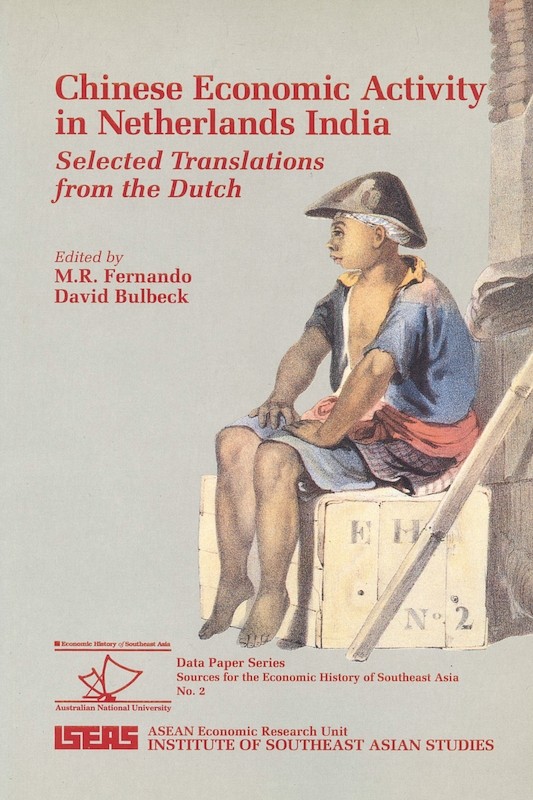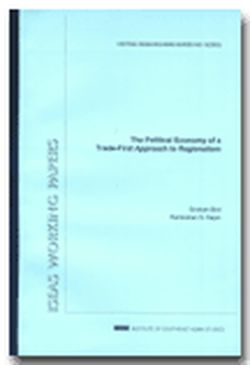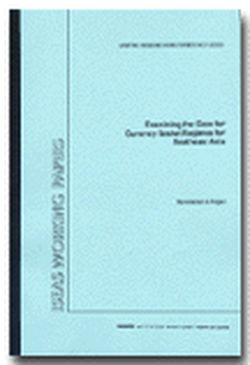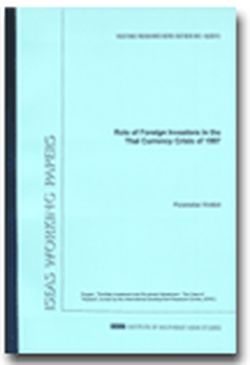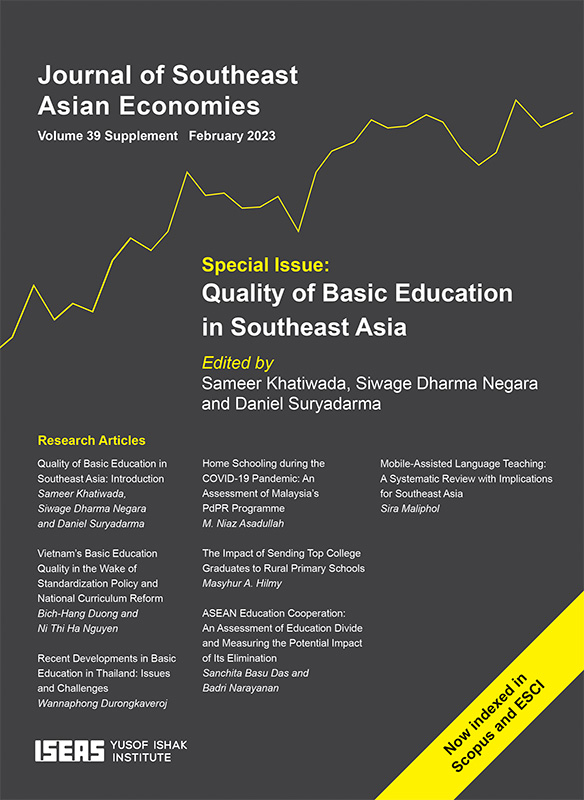Currency and the Economy of Netherlands India, 1870-95
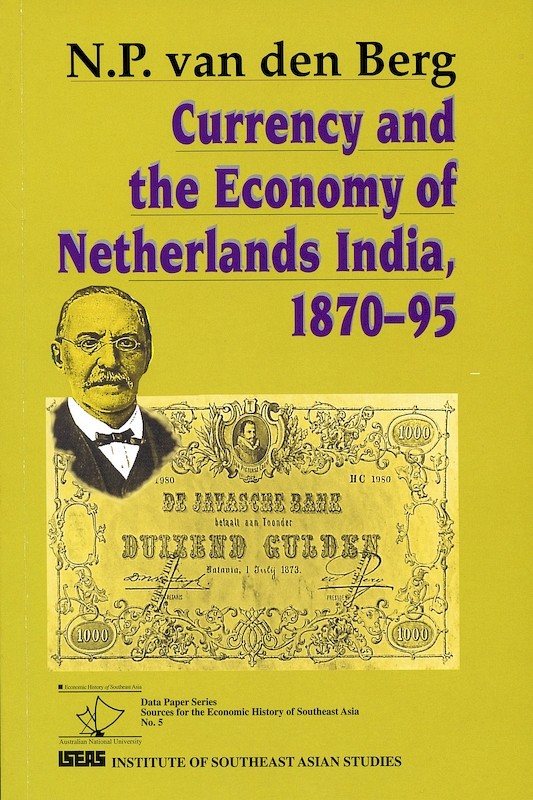
Norbertus Petrus van den Berg, author
Date of publication:
1996
Publisher:
Institute of Southeast Asian Studies
Number of pages:
156
Code:
BM152
About the publication
Stable monetary systems form one of the pillars on which rapid economics development in Southeast Asia in recent decades has been based. The same was true in the past. Monetary stabilization became as important issue after 1870, when silver depreciated rapidly against gold and Western countries switched to the gold standard. Colonial Indonesia followed the Netherlands in this respect. On the ardent advice of N.P van den Berg, then president of the central bank, the Java Bank, it was the first Asian country to stabilize its currency against gold, in this case against the gold-based Dutch guilder. Van den Berg was a prominent proponent of monetary stabilization and was well known for his contributions to he dicussion about currency systems and monetary policy in the government of British India, which was at the time exploring ways to achieve stabilization of the rupee. Both the arguments and the wealth of data in the reprint of this very rare book will be of interest to historians of Southeast Asia.
Contents
-
Currency and the Economy of Netherlands India, 1870-95
[Whole Publication, ISBN: 9789814379465] -
Preliminary pages
-
1. The Financial & Economical Condition of Netherlands India
-
2. Supplement I: An Abstract from the Pamphlet 'The Money Market & Paper Currency of British India (1984)
-
3. Supplement II: Memorandum on the Present State of the Currency Question in Holland & Java (1879)
-
4. Supplement III: Note on the Present Working of the Gold Standard in Java (1892), by A. Kensington, author

